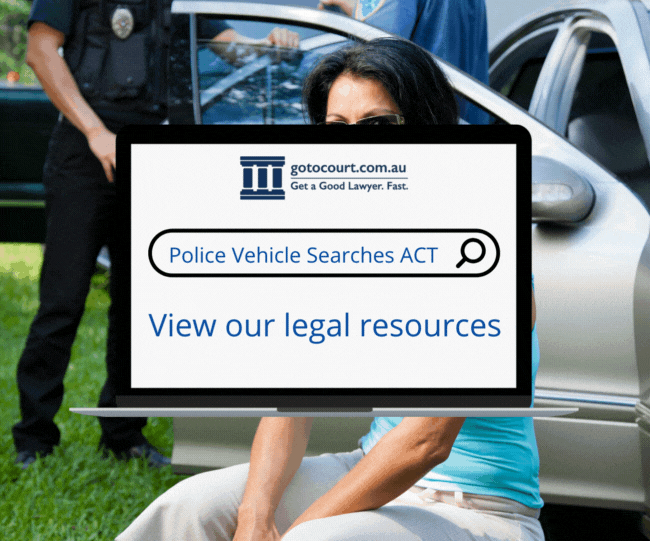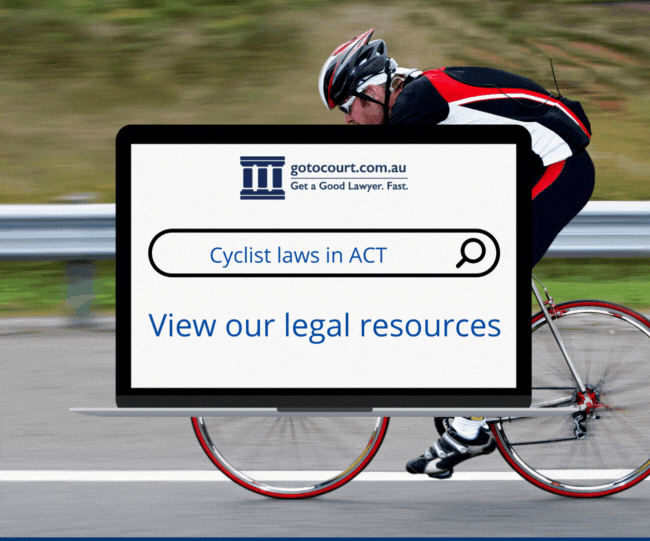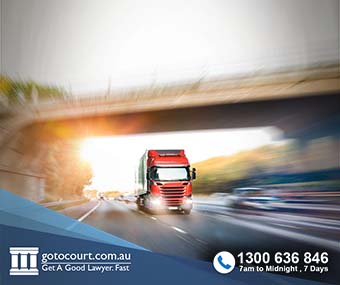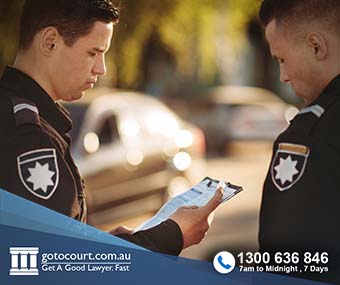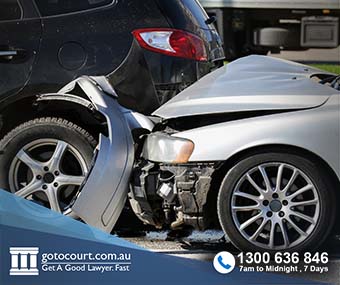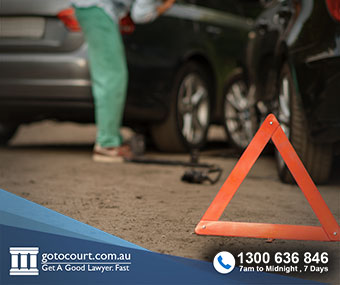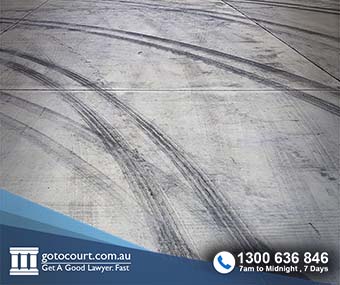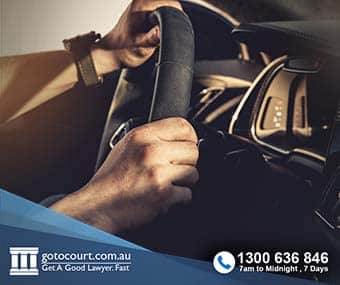Call our lawyers
now
or,
have our lawyers
call you
Driving Unregistered in the Australian Capital Territory
Updated on Dec 23, 2022 • 5 min read • 244 views • Copy Link
Driving Unregistered in the Australian Capital Territory
Registration is required for all vehicles that are intended for use on public roads in the Australian Capital Territory. It is an offence under the Road Transport (Vehicle Registration) Act 1999 to drive or permit another person to drive an unregistered vehicle on public roads. Certain exemptions apply for prescribed vehicles and uses, such as agricultural vehicles. This page explores the penalties for driving unregistered in the Australian Capital Territory.
Vehicle registration in the ACT
All vehicles on the roads in the Australian Capital Territory must be registered with Access Canberra. Registration lasts for a period of twelve months. A vehicle owner will be sent a courtesy reminder before the expiry of their current registration. It is possible to renew registration up to three months in advance of the expiry date.
Effectively, registration is an endorsement from the Australian Capital Territory government that a vehicle is suitable for use on public roads. Registration provides a record of ownership that can be used if a vehicle is involved in an accident or crime. Additionally, registration ensures that all vehicles have at least basic insurance to protect other road users.
A vehicle registration fee in the Australian Capital Territory is made up of three components: government fees, registration fees and MAI insurance premiums. The MAI insurance fees are Compulsory Third Party insurance that provides cover only for personal injury sustained in a motor vehicle accident. This insurance does not cover property damage (either to the insured vehicle or to other vehicles involved in the accident).
In some situations, roadworthy inspections are required before a vehicle can be registered in the Australian Capital Territory (ACT). An inspection can be arranged through Access Canberra or at an authorised inspection station. The certificate of inspection is only valid for one month after the date of issue.
Transfer of registration
When selling a vehicle in the Australian Capital Territory, it is necessary to obtain a roadworthy inspection if the vehicle is older than six years. This inspection considers the vehicle’s brakes, tires, suspension, windshield and safety functions. The transfer of registration cannot be made unless the vehicle is safe to drive on Australian Capital Territory roads.
The seller of a vehicle in the Australian Capital Territory must lodge a Notice of Disposal (NOD) with Access Canberra or the ACT Road Transport Authority. It is essential for the seller to lodge the NOD as soon as possible after the sale, as the seller can be held accountable for any parking fines or infringements that the new owner accrues in the vehicle. The buyer of the vehicle must lodge an Application to Move Registration. This must be done within 14 days of the vehicle sale; Otherwise, the buyer will be liable to pay a late fee.
Driving unregistered in the ACT
It is an offence under section 18 of the Road Transport (Vehicle Registration) Act 1999 to use, or allow a person to use, an unregistered registrable vehicle on a road or road-related area. As such, both the driver and the owner are liable unless the owner takes reasonable precautions to prevent the driver from using the unregistered vehicle. The penalty for this offence is a maximum fine of 20 penalty units. It is a further offence to drive a vehicle without compulsory third-party insurance in the ACT.
Registration stickers
Since 2013, light vehicles and trailers in the Australian Capital Territory are no longer required to display a registration sticker. Instead, Australian Capital Territory Police actively monitor registration compliance via Recognition and Analysis of Plates Identified (RAPID) camera technology. ACT Police recently implemented Automatic Number Plate Recognition technology to fixed cameras and police vehicles, including motorcycles, making it more difficult for unregistered drivers to evade detection.
The incidence of people failing to renew their registration has risen in recent years, particularly during the Covid19 lockdown and as more people are working remotely. According to the ACT Police, almost twice as many motorists have been caught driving unregistered vehicles as in previous years.
It is a summary offence to drive an unregistered vehicle in the ACT. These are less serious than criminal offences and usually attract fines rather than more serious penalties such as imprisonment. However, a driver of an unlicenced vehicle may also be charged with other driving offences. For instance, the penalty will be more severe if someone is driving an unregistered vehicle without a license or while drinking or on drugs.
Unregistered vehicle permits
A driver can obtain an Unregistered Vehicle Permit (UVP) from Access Canberra. A UVP provides a short-term registration period and compulsory third-party insurance cover, allowing a vehicle to be driven temporarily on public roads in the ACT. A UVP can only be issued when it would be impracticable or unreasonable to require full registration, or the vehicle is being driven to obtain registration (even if the registration is refused).
Please contact the traffic law division of Go To Court Lawyers if you have questions about driving unregistered in the Australian Capital Territory. Call 1300 636 846 for any legal representation or advice.


Affordable Lawyers
Our Go To Court Lawyers will assist you in all areas of law. We specialise in providing legal advice urgently – at the time when you need it most. If you need a lawyer right now, today, we can help you – no matter where you are in Australia.How It Works








1. You speak directly to a lawyer
When you call the Go To Court Legal Hotline, you will be connected directly to a lawyer, every time.


2. Get your legal situation assessed
We determine the best way forward in your legal matter, free of charge. If you want to go ahead and book a face-to-face appointment, we will connect you with a specialist in your local area.


3. We arrange everything as needed
If you want to go ahead and book a fact-to-face appointment, we will connect you with a specialist in your local area no matter where you are and even at very short notice.



